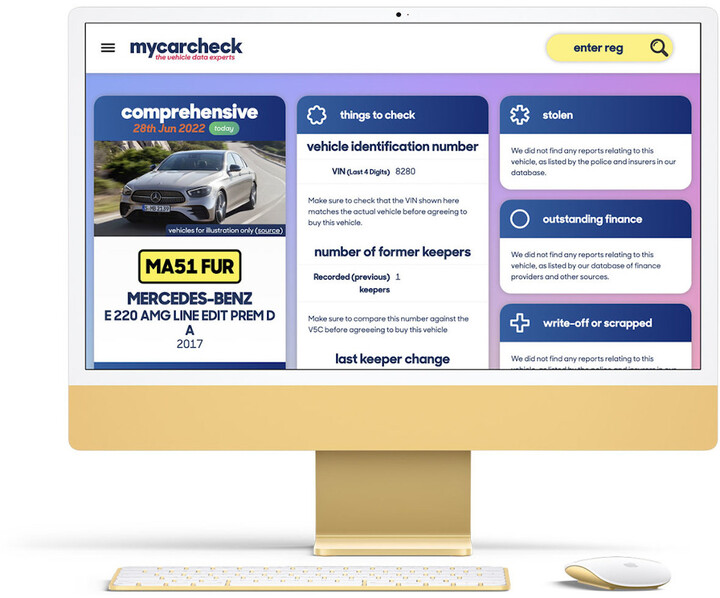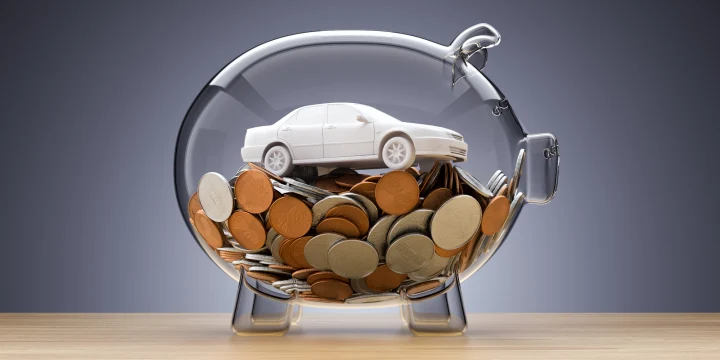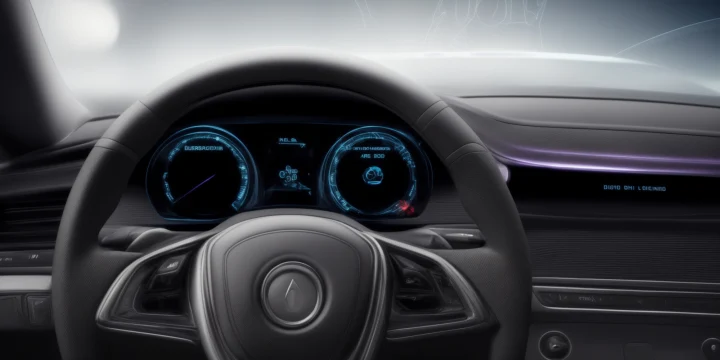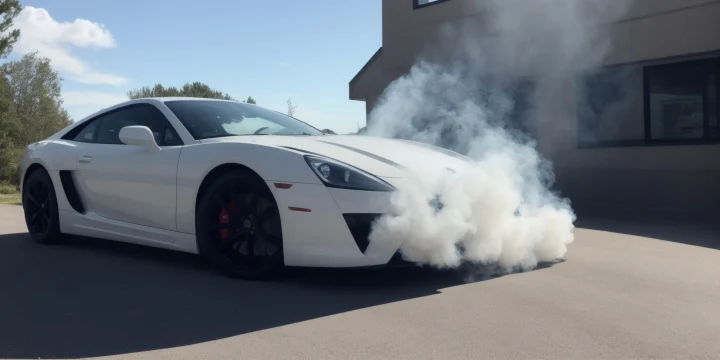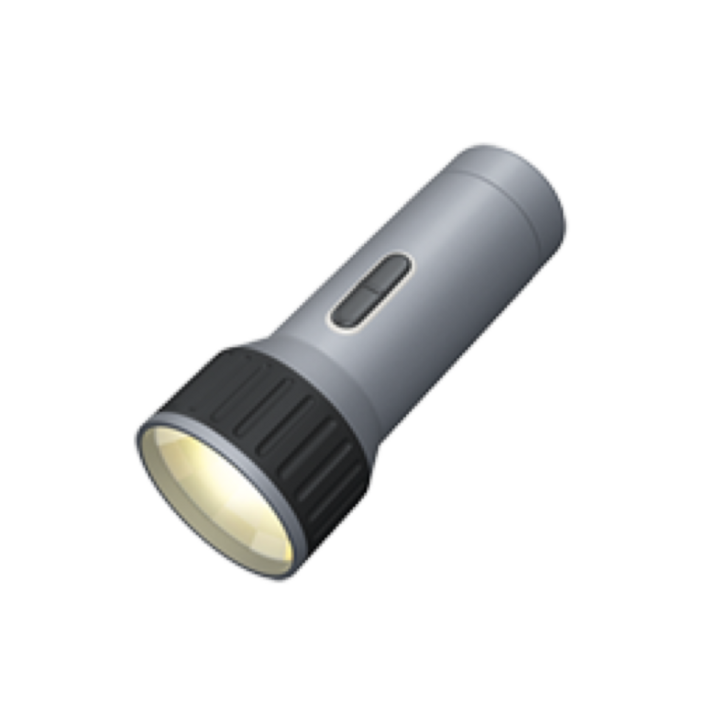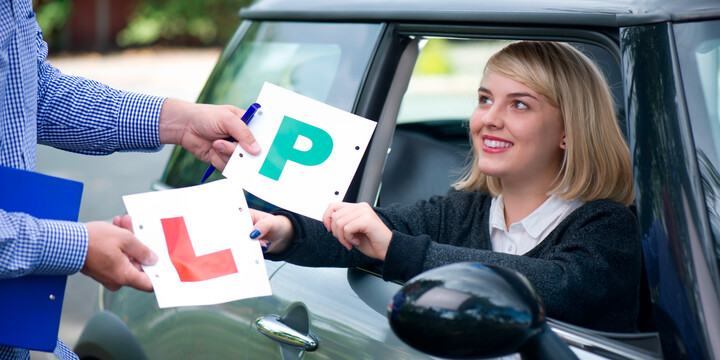
Driving Tips for New Drivers
FREE Car History Check
See MOT history, valuations, detailed specs and more… AND upgrade to see if any vehicle has been stolen, has finance or has been written off from just £4.99
Being a new driver on the roads amongst more experienced road users can be nerve wracking, but with a few tips and a bit of confidence, you can get used to driving quite quickly. Here, we look at some of the key ways to improve your skills and remain safe on the roads.
How can a beginner get better at driving?
- Practice, practice, practice! This is essential for a new driver to become confident behind the wheel. Spend time driving in different conditions and environments such as motorways, suburban roads, rural roads, and city centres. Doing this will help you gain experience of how each type of road requires different levels of concentration and caution.
- Learn the local roads: Knowing the roads in your area is important for any driver, but especially so as a beginner. Make sure you understand speed limits, blind spots, and traffic patterns so that you can anticipate what’s coming up ahead.
- Be aware of other drivers: Remain vigilant when behind the wheel and keep an eye out for other road users. This will help you to anticipate any potential hazards, such as unexpected turns or sudden braking, so that you can react quickly and safely.
- Pay attention to the rules of the road: The UK Highway Code is essential reading for all drivers, regardless of their experience level. Be sure to understand the rules and regulations about speed limits, right of way, signalling and more in order to stay safe on the roads.
- Take a defensive driving course: This is an excellent way for beginners to get up-to-date advice on how to handle different situations while driving. It’s also a great way to meet other new drivers and build confidence in your skills.
By following these tips, you can improve your driving skills and become more confident behind the wheel. Remember that developing good habits takes time - but with practice, patience and dedication, you will get there!
How can I be more vigilant while driving?
It is important to always be aware of your surroundings and pay attention to the road ahead. Look for potential hazards, such as sudden braking, construction sites or adverse weather conditions.
You should also always adjust your speed according to the situation - if visibility is poor or there's heavy traffic on the roads, slow down to give yourself more time to react to any potential dangers.
Finally, make sure you are using your mirrors regularly and looking over your shoulder to check blind spots when changing lanes or turning. This will help you be more aware of other road users and remain vigilant while driving.
How do you drive for the first time alone?
When first driving alone, it is important to remain calm and take your time. Make sure you are familiar with the route and that you know the local speed limits and road rules. Start by taking a short journey on roads that are not too busy - this will help you become more confident in your abilities as a new driver.
Also, make sure you are following the basic rules of driving such as using your mirrors and signalling appropriately. Allowing yourself plenty of time to reach your destination can also help reduce stress and ensure that you stay safe on the roads.
Finally, if ever in doubt about a situation, take it slowly and err on the side of caution. This will help you stay in control of the vehicle and remain safe.
What are the best tips for driving safely?
- Always wear your seatbelt: This is an essential safety measure and one that should never be overlooked, even for short journeys. Wearing a seatbelt greatly reduces the risk of serious injury or death in the event of an accident.
- Don’t use your phone while driving: Distracted driving is one of the leading causes of fatal crashes, so it’s essential to remain focused on the road at all times. Put your phone away or switch it off before you start driving.
- Get plenty of rest before driving: Fatigue can impair your judgement and reaction time, so make sure you get enough sleep before getting behind the wheel. If you’re feeling tired while driving, pull over at a safe place and take a break.
- Stay aware of your surroundings: Be mindful of road signs, vehicles around you, and traffic conditions in order to anticipate any potential hazards and react quickly when necessary.
- Respect other drivers: Following traffic laws and being courteous to other road users is essential for avoiding collisions. Always be aware of other drivers’ behaviour and stay vigilant while driving.
How do I gain confidence as a first time driver?
Gaining confidence as a first time driver takes practice and patience. Start off with short journeys on quiet roads to help get used to the basics of driving. As you become more familiar with the rules of the road, gradually increase your journey length and tackle busier roads.
Also, consider taking an advanced driving course such as Pass Plus to learn more advanced driving skills. This can help improve your confidence, as well as help you become a better and more experienced driver.
Finally, remember that it’s natural to make mistakes - the important thing is to stay calm and keep practising until you feel confident enough to tackle any road conditions with ease. With time and practice, you’ll soon be able to drive with confidence.
